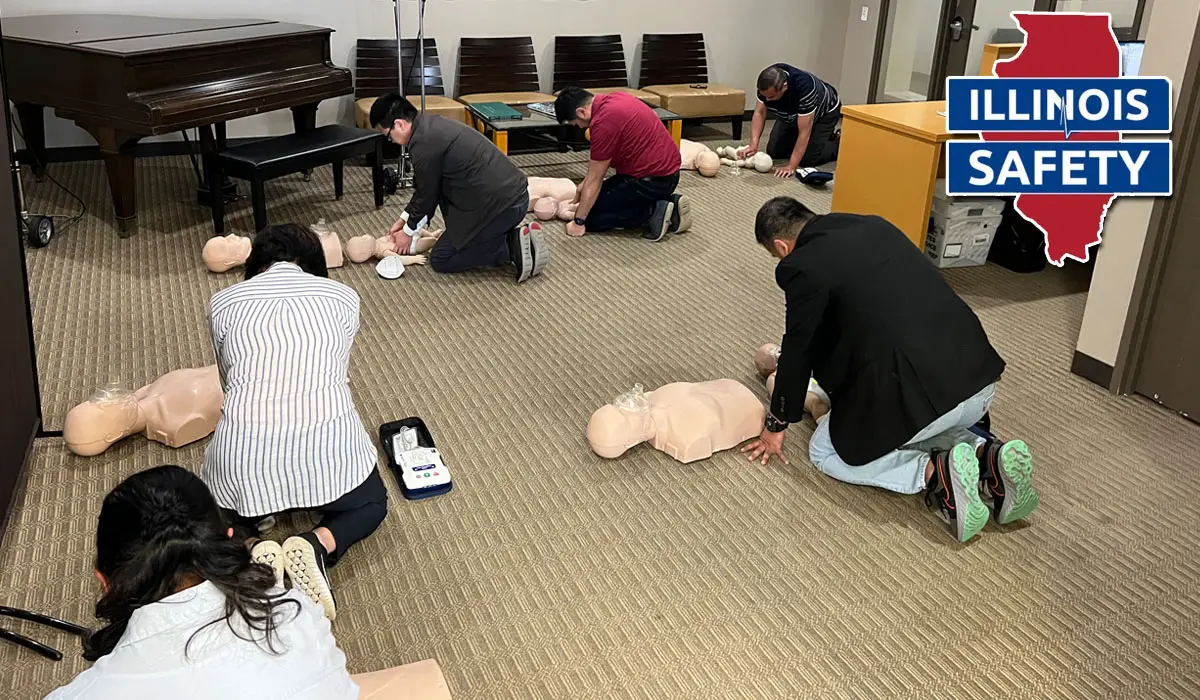
BLS Training: A Critical Requirement For Healthcare Workers
The Crucial Role Of BLS Training
Embarking on a journey of preparedness and life-saving expertise is now within reach, guided by the steadfast commitment of Illinois Safety. As a torchbearer team in healthcare training, we illuminate the path to mastery through an array of critical programs. While our repertoire is extensive, the beacon of our offerings shines brightest upon the vital domain of BLS training. Check out our various locations! Who knows, we might be conducting sessions in an area near you! See our gallery and get a glimpse of the engaging learning experiences that await you. Read the reviews and testimonials of our old clients to discover their insights on our classes. For any lingering questions, our comprehensive FAQ section is here to provide the answers you seek. Ready to become a guardian of life? Dial (630) 290-4280 and take the first step toward empowered readiness.
Why BLS Training Matters?
In the fast-paced realm of healthcare, where every second counts, BLS training stands as an indispensable pillar of preparedness. From hospitals to clinics, healthcare professionals are entrusted with the care of lives. This article delves into the significance of BLS training in equipping these heroes with the essential skills to respond confidently and effectively in life-or-death situations.
• Foundational Life-Saving Skills
In the midst of a cardiac arrest, the clock races. Seconds turn into minutes, and decisive action becomes paramount. This is where BLS training takes center stage. It arms healthcare workers with the acumen to initiate immediate responses, prioritizing airway, breathing, and circulation – the ABCs that govern life itself. By mastering these fundamentals, healthcare professionals become capable of providing the crucial support required until advanced medical assistance arrives.
• Versatility Across Healthcare Settings
The demand for BLS-certified professionals transcends the walls of traditional hospitals. Whether it’s a bustling emergency room, a tranquil clinic, or an ambulatory care unit, the skills acquired through BLS classes remain universally pertinent. Such preparedness significantly contributes to patient safety and outcomes, underscoring the profound impact that healthcare providers can make beyond the confines of medical facilities.
The Components Of Comprehensive BLS Training
Understanding the nuances of assessing and responding to various medical emergencies, like cardiac arrest or choking, becomes second nature through comprehensive BLS training.
• Cpr Techniques And Chest Compressions
At the heart of BLS training lies the mastery of Cardio-Pulmonary Resuscitation (CPR). Through precise hand placement and calculated compression depth, healthcare workers learn to synchronize chest compressions and rescue breaths – a symphony aimed at restoring circulation and maintaining oxygenation. The meticulous execution of these techniques can mean the difference between life and irreversible damage.
• Automated External Defibrillator (AED) Usage
In a world where technology complements medical expertise, understanding the usage of an AED becomes a critical skill. Identifying shockable rhythms and administering defibrillation promptly can restore normal heart rhythms and save lives. The ability to wield this device is a testament to the comprehensive nature of BLS training, which equips healthcare workers with a multifaceted toolkit for intervention.
•Management Of Choking Incidents
BLS courses extend their embrace to encompass scenarios beyond cardiac arrest. For healthcare providers, the knowledge of various techniques to dislodge airway obstructions is indispensable. From adults to children and infants, the intricacies of these techniques safeguard against choking-related asphyxiation. This breadth of skill illustrates how BLS training encompasses a spectrum of emergencies.
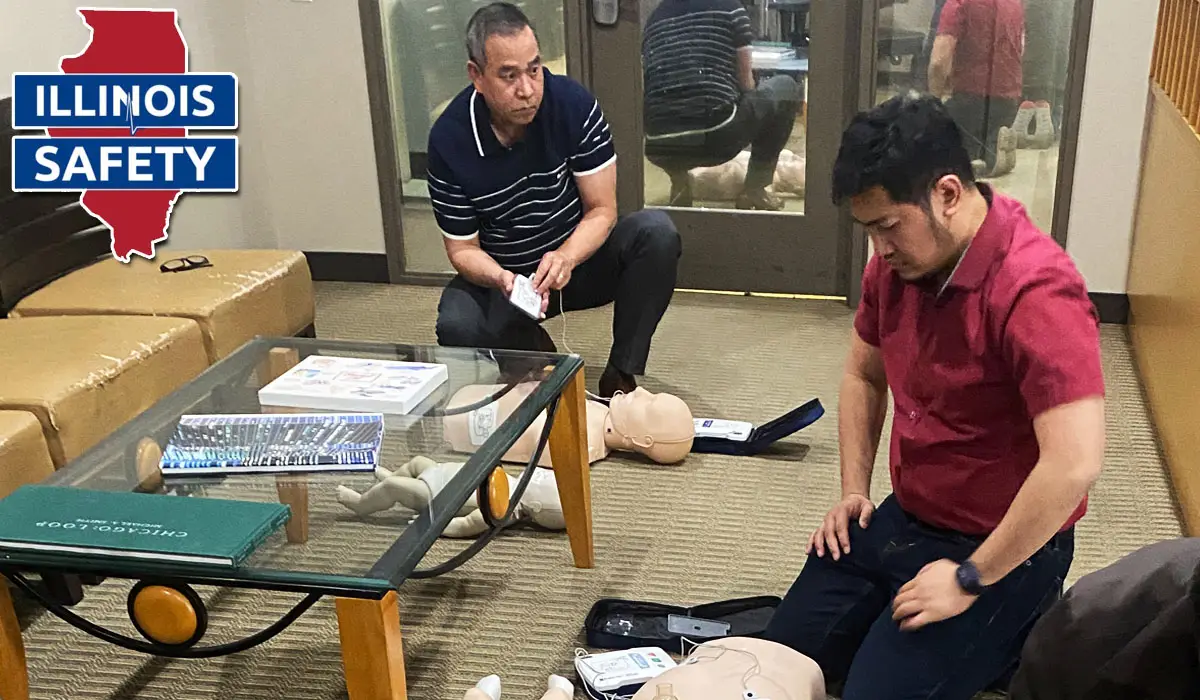
Benefits Of BLS Training Certification And Course Completion
BLS training equips individuals with vital life-saving skills, enabling them to confidently respond to emergency situations. Whether you’re a healthcare professional aiming to enhance patient care or a concerned citizen prepared to lend a helping hand, BLS certification empowers you with the knowledge and competence to perform crucial interventions during critical moments.
• Enhanced Professional Credibility
BLS certification serves as a tangible testament to a healthcare worker’s proficiency in life-saving techniques. This recognition bolsters their credibility and instills a heightened sense of confidence. The training not only enhances their competence but also amplifies their professional standing, underscoring their commitment to patient care.
• Compliance With Industry Standards And Regulations
In a regulated healthcare landscape, adherence to industry standards is non-negotiable. Many healthcare positions require BLS certification to meet licensing and employment prerequisites. By completing a BLS course, professionals fulfill these obligations while contributing to their workplace’s overall preparedness for emergencies.
• Gateway To Advanced Training Programs
BLS classes are not just an end but also a beginning. Mastery of basic life support creates a solid foundation for advancing into specialized courses like Pediatric Advanced Life Support (PALS) and Advanced Cardiovascular Life Support (ACLS). By commencing their training journey with BLS certification, healthcare workers open doors to a realm of advanced medical expertise.
Choosing The Right BLS Training Classes
The right classes go beyond mere certification; they instill essential skills and knowledge that empower healthcare professionals to respond confidently to critical situations. From mastering CPR techniques to adeptly handling medical emergencies, the choice of BLS classes can shape one’s ability to save lives.
• Accreditation And Reputation Of Training Providers
The journey to proficiency begins with choosing the right training provider. Opting for recognized organizations ensures quality instruction. Peer reviews and recommendations become valuable guides in navigating this crucial decision, aiding healthcare professionals in selecting a reputable source of education.
• Curriculum And Learning Methodology
Interactive, hands-on training and online modules present distinctive learning avenues. While online modules offer flexibility, nothing substitutes for the experience of scenario-based learning. The ability to enact responses in lifelike situations refines skills, making them readily applicable in real emergencies.
• Convenience And Accessibility
Balancing the demands of a healthcare career with training can be challenging. Local classes offer the advantage of face-to-face interaction, while remote learning accommodates busy schedules. The flexibility in scheduling underscores the commitment of training providers to empower healthcare workers with accessible education.
In the tapestry of healthcare, where every thread represents a life, training weaves a resilient foundation. The skills acquired through a certification transcend workplaces, standing as a testament to healthcare workers’ dedication to their craft. As they embrace the art and science of immediate life-saving, these healthcare heroes step onto a path of excellence that transcends the ordinary, demonstrating the extraordinary impact of being trained in basic life support.
As you take strides toward becoming a beacon of life-saving competence, remember that Illinois Safety stands beside you, providing quality classes for skill honing and expertise enrichment. Whether you’re pondering the insights of a glowing review, seeking clarity in the FAQs, or yearning to share your own testimonial, the Illinois Safety community embraces you. When seconds count, be the guardian ready to act. Reach out today at (630) 290-4280 and immerse yourself in the transformative journey of preparedness. Every life saved starts with a choice – and that choice begins with you.
Illinois Safety Offers The Services As Follows:
Other Articles We've Hand-Picked For You:
Frequently Asked Questions
Basic Life Support training equips healthcare workers with essential life-saving skills, including CPR techniques, AED usage, and choking incident management. This training is critical as it enables healthcare professionals to respond effectively in emergencies, potentially saving lives before advanced medical help arrives.
Training is recommended for all healthcare workers, including doctors, nurses, paramedics, medical students, and anyone involved in patient care. It’s also valuable for individuals in non-medical professions who want to be prepared to help during emergencies.
BLS certifications typically need to be renewed every two years to ensure that healthcare workers are up-to-date with the latest guidelines and techniques in life support. Staying current is essential to maintain proficiency in critical skills.
It covers a range of skills, including CPR techniques for adults, children, and infants, proper chest compression and rescue breath techniques, usage of automated external defibrillators (AEDs), and the management of choking incidents.
Having BLS certification enhances healthcare workers’ professional credibility and makes them more attractive to potential employers. It’s often a prerequisite for many healthcare positions, demonstrating a commitment to patient safety and emergency preparedness.
Absolutely. BLS training is versatile and can be tailored to various healthcare environments, including hospitals, clinics, ambulatory care centers, and more. This adaptability ensures that healthcare workers are trained to handle emergencies in their specific work contexts.
BLS training fosters effective teamwork and coordination among healthcare professionals during emergencies. When everyone is trained in the same life-saving techniques, it streamlines response efforts, leading to better outcomes for patients.
BLS training includes specific protocols for pediatric patients, teaching healthcare workers how to perform life-saving techniques tailored to children and infants. This specialized knowledge is crucial in situations where young patients require immediate assistance.
BLS certification serves as a foundation for advanced training programs such as Pediatric Advanced Life Support (PALS) and Advanced Cardiovascular Life Support (ACLS). These programs equip healthcare professionals with even more advanced skills to manage complex emergencies.
Researching accredited organizations and reading reviews from peers can help healthcare workers identify reputable BLS training providers. Additionally, reaching out to Illinois Safety at (630) 290-4280 can provide access to comprehensive BLS training that ensures readiness and competence in life-saving situations.
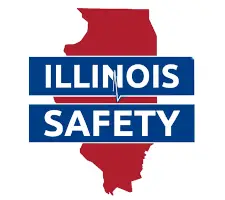
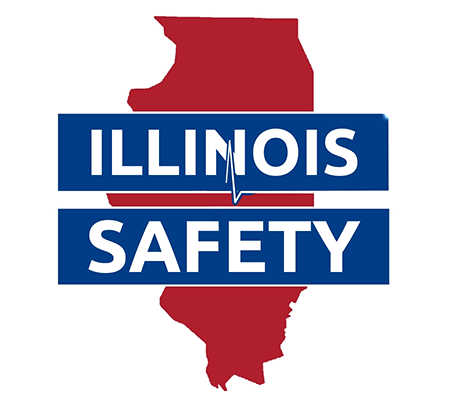

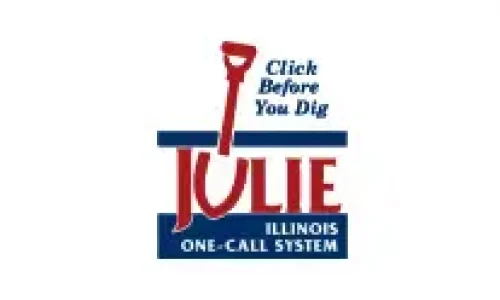
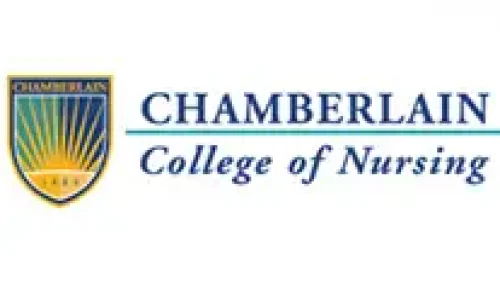


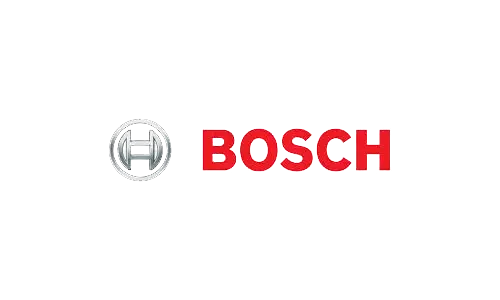
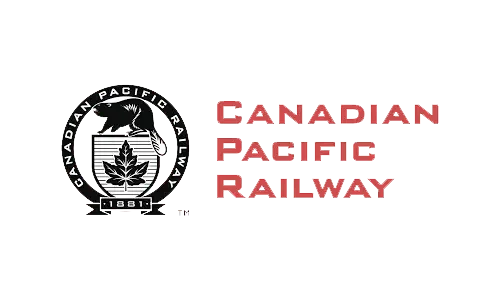
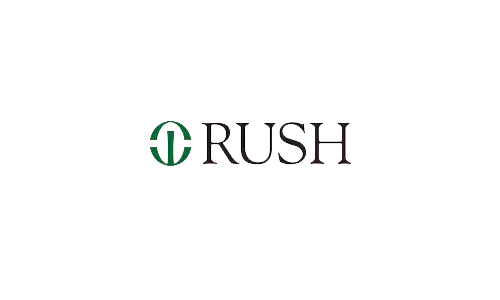

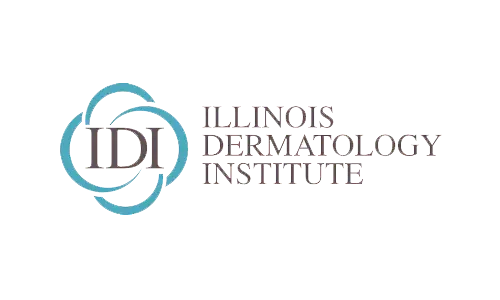
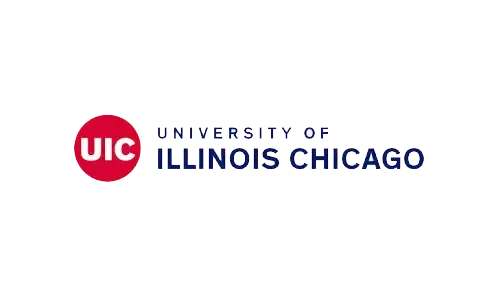
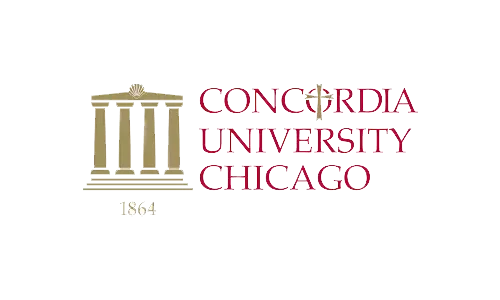
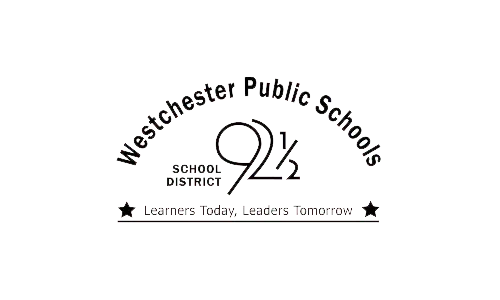

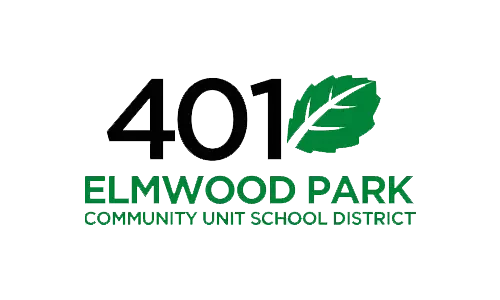

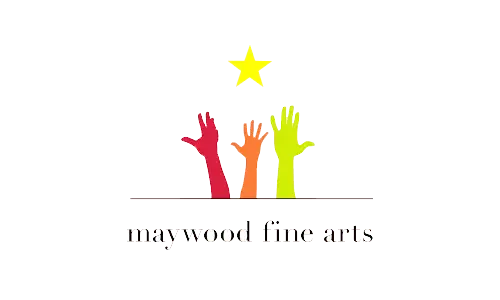

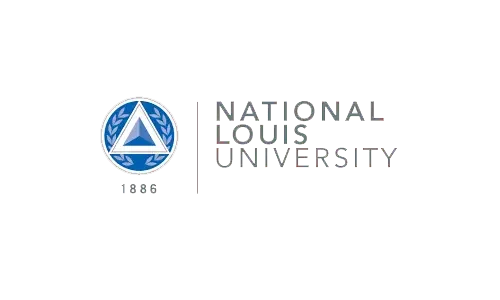
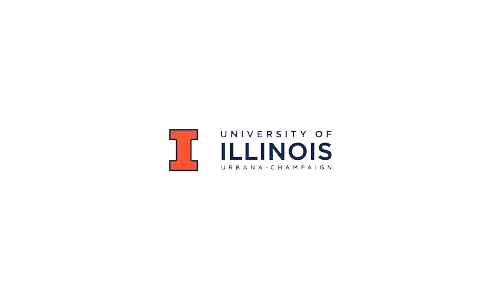
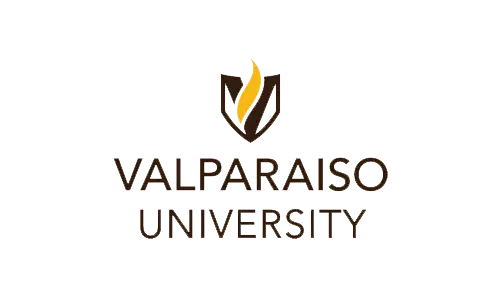
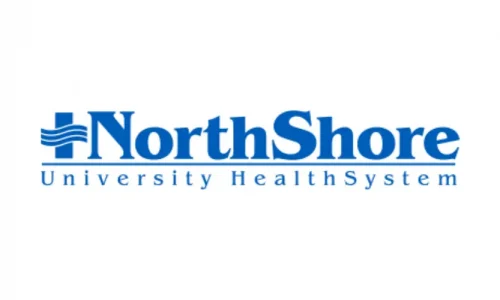
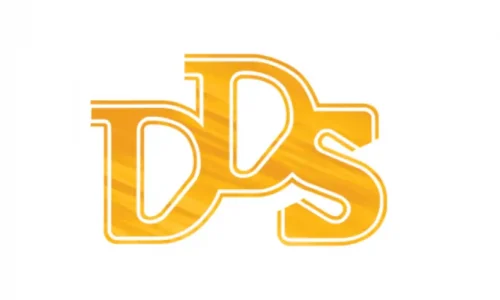
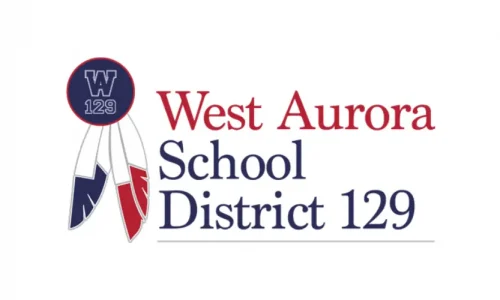

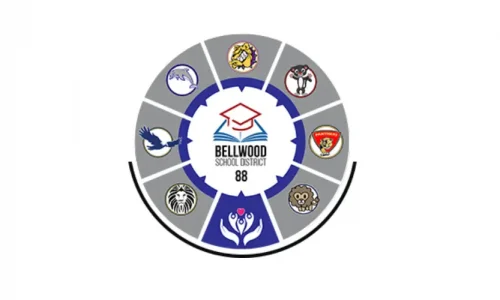
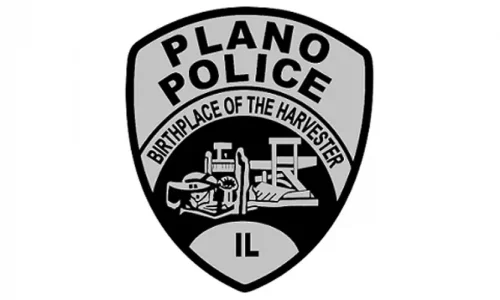
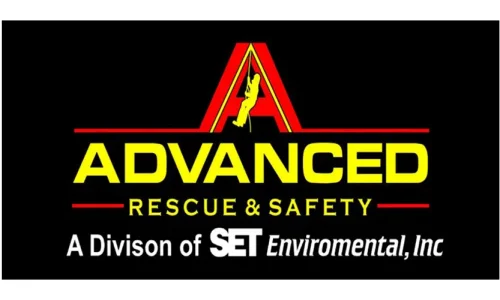


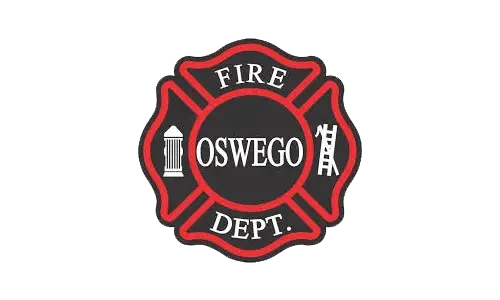
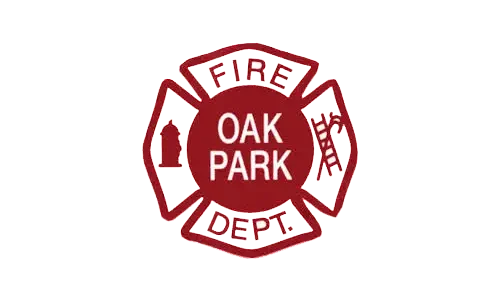

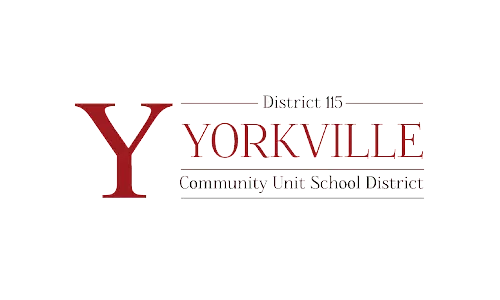
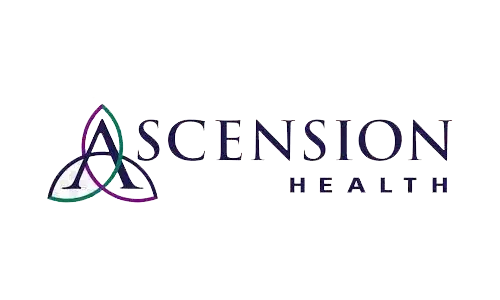

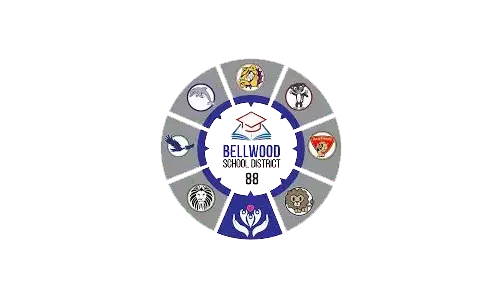
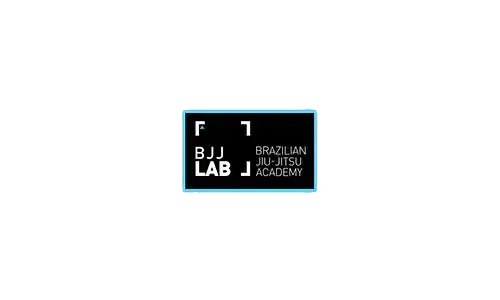
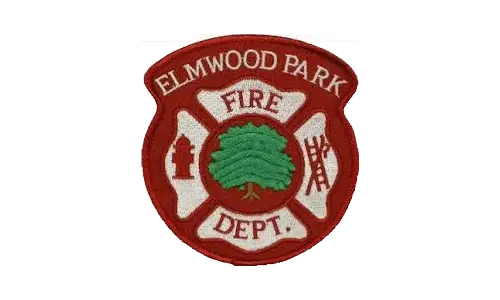
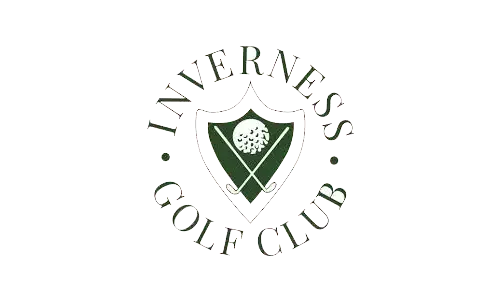

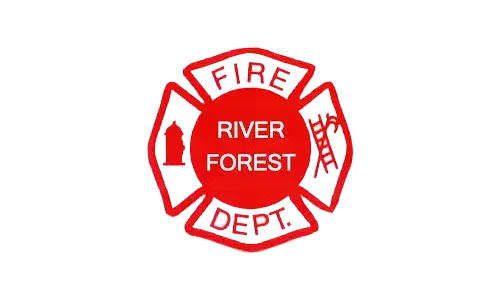
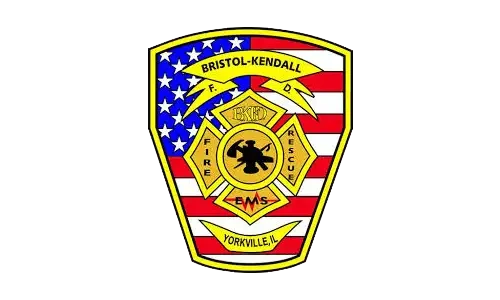
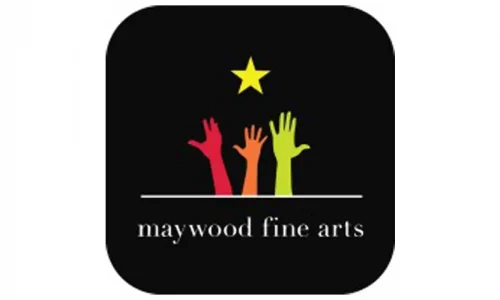
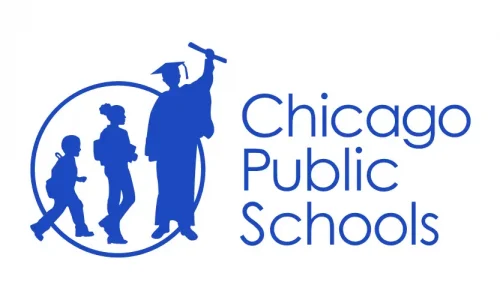
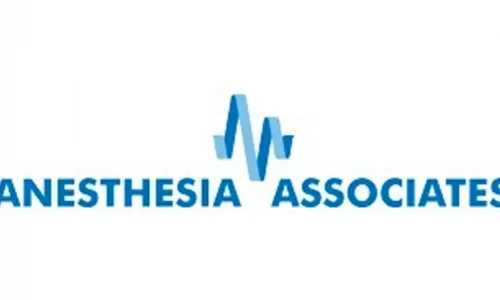
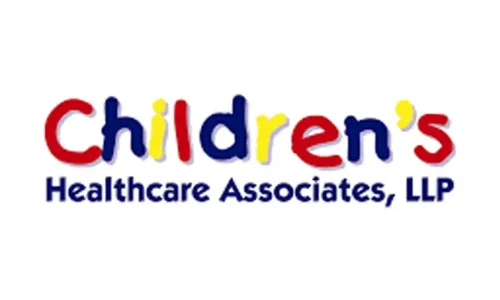
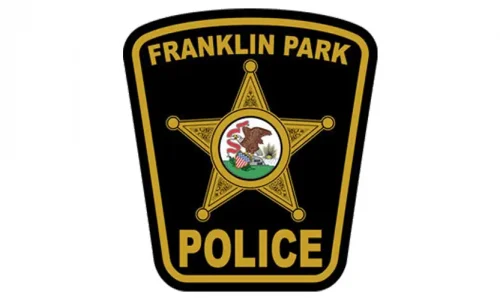
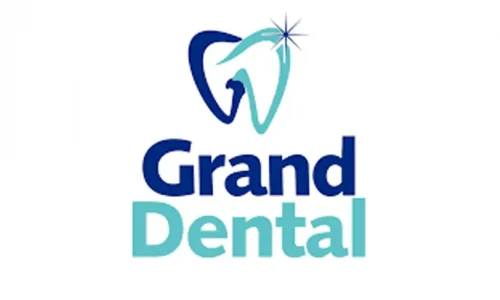
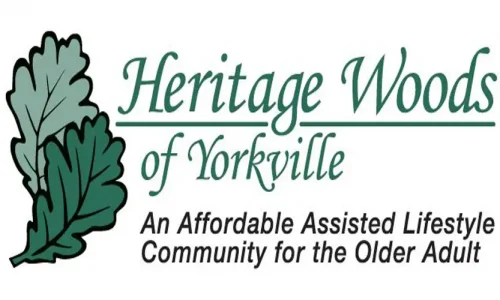
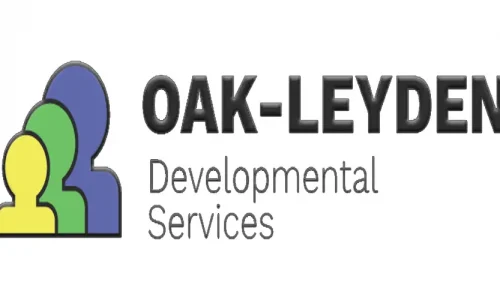
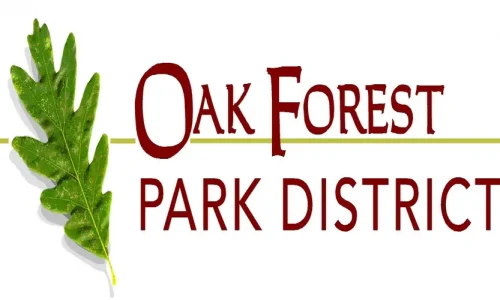
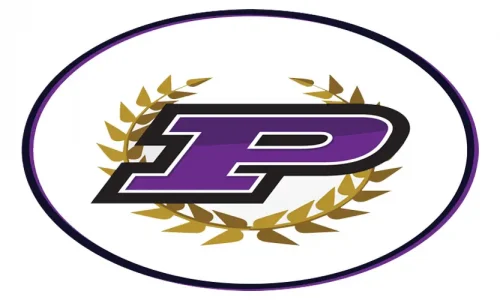

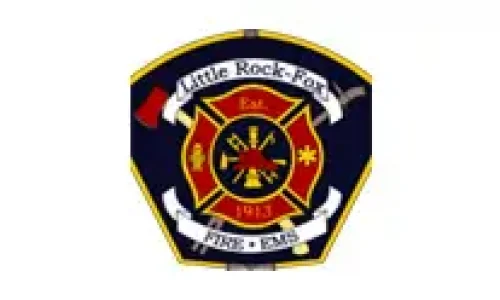
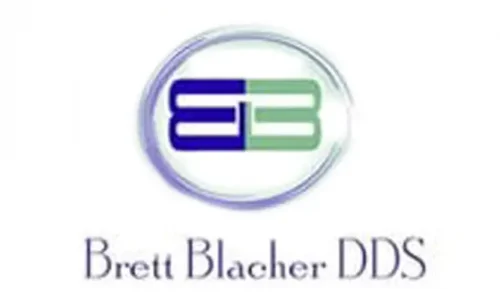
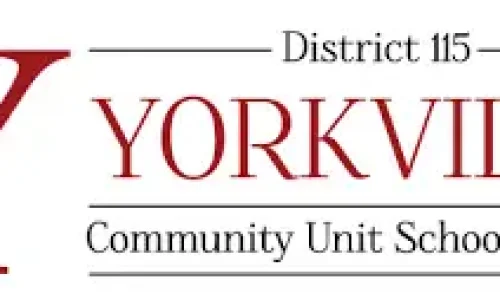


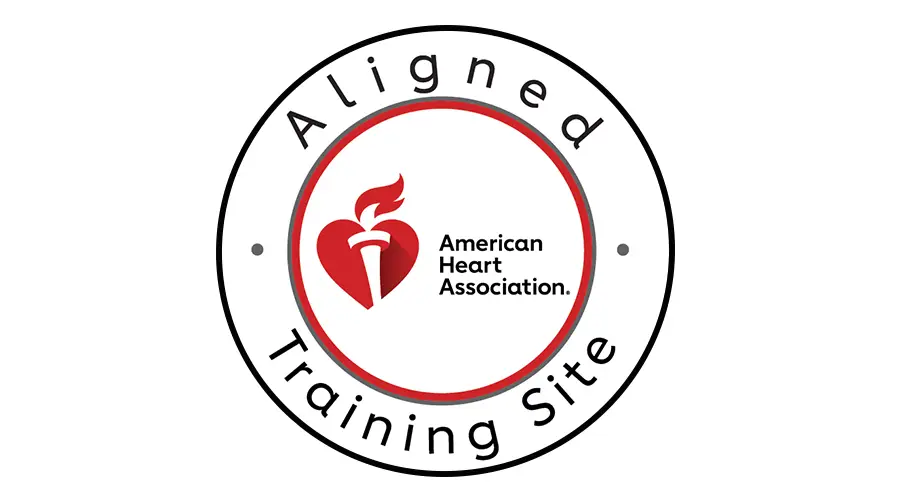
 Powered by
Powered by